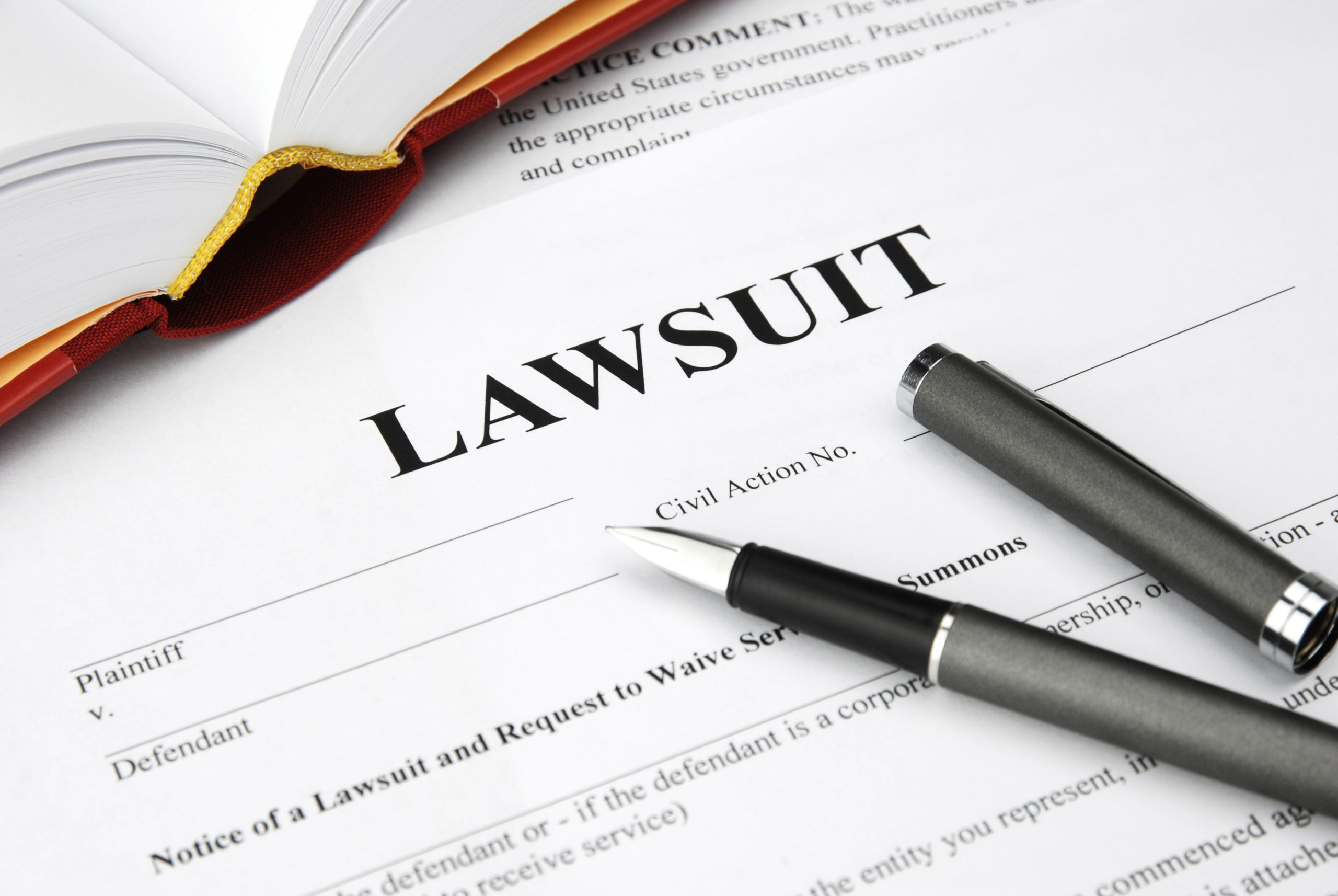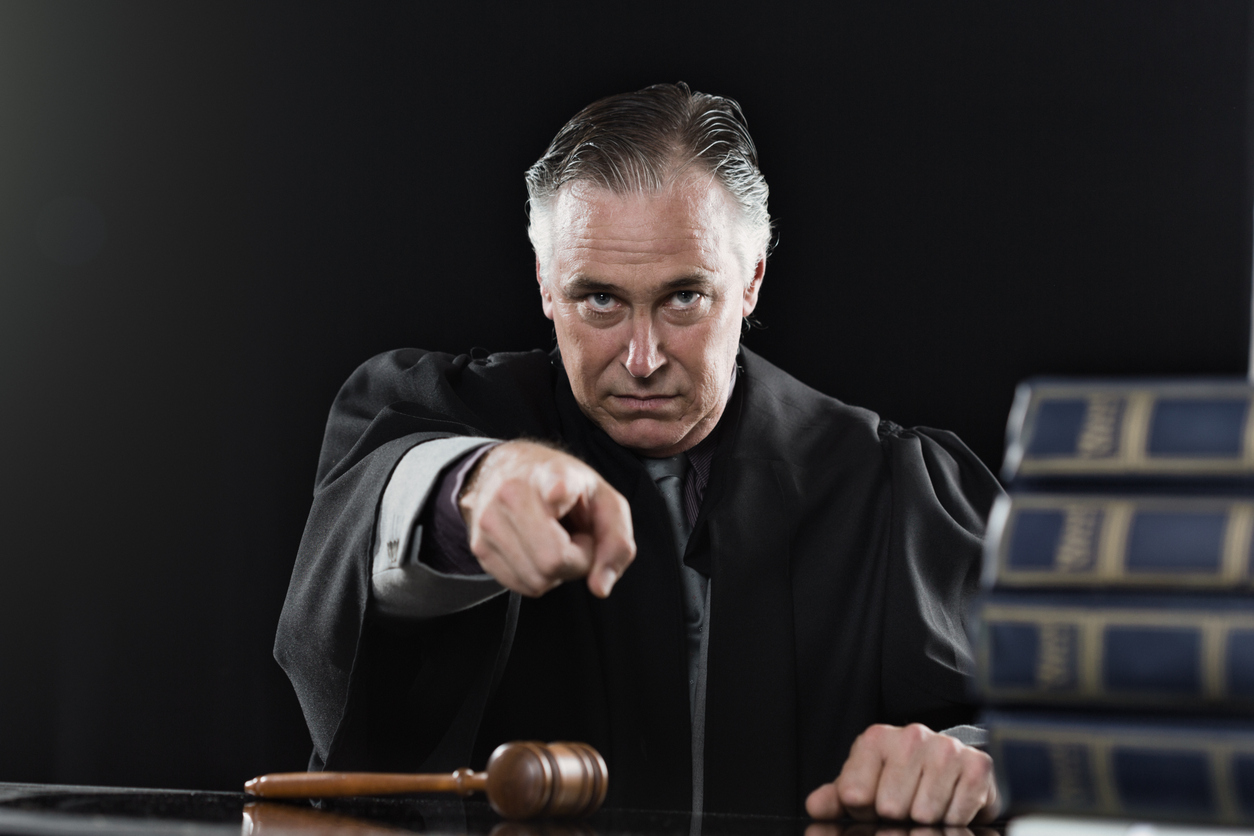Hail storms across Texas have brought out the worst conduct in some insurance companies. We have found some, if not many, insurance adjusters making assessments of damage without closely inspecting for roof damage. It is hard to find subtle indicators of hail damage and water leaks on roofs without climbing up there and looking for those. In many instances, we find adjuster photos taken where no damage has occurred and no photos of where damage did occur. With some of those same adjusters testifying as experts on behalf of the carriers, it’s a wonder any claims for hail damaged and leaking roofs get paid.
Recently, a Texas Court of Appeals was asked whether the expert testimony of an insurance adjuster should be admitted into evidence to support a denial of coverage when the basis offered for the scientific opinion is unreliable. In Texas, when a scientific opinion is not conclusory but the basis offered for it is unreliable, a party who objects may complain that the evidence is legally insufficient to support the judgment.1 “When a reliability challenge requires the court to evaluate the underlying methodology, technique, or foundational data used by the expert, an objection must be timely made so that the court has the opportunity to conduct an analysis.”2 Thus, failing to object to unreliable expert testimony at trial can lead to disastrous results. Just read what happened to a Texas hotel owner when hail pummeled his inn.
In Bladev Patel d/b/a Wharton Inn v. Nautilus Insurance Company,3 an hotelier in Wharton, Texas, sued his carrier for hail damage to his inn. The owner, Patel, purchased commercial insurance on the property in February and the carrier, Nautilus, sent its inspector to the property on March 6th to prepare a report. The 30 year old Wharton Inn passed the inspection and received “good” marks across the board. On March 13th, exactly one week after its “good” rating, a severe hail storm blew in and damaged the roofs of the Inn’s three buildings.
Patel filed claims for roof and interior damage. Nautilus sent out an adjuster who made the following report:
This damage appears to be long term water damage due to roof leaks not related to this loss. There is also damage to carpeting in numerous rooms where water has flooded in through the front entrance door. Some rooms have extensive mold damage due to long term roof leaks. There is no wind damage to the exterior of the structure. Only hail damage to the composition shingles which would not have resulted in immediate roof leaks.4
True to form, Nautilus covered the damage to the roof but denied the interior damage Patel claimed resulted from the storm. Patel sued Nautilus, tried the case to a jury and lost. It was determined during trial that Nautilus denied Patel’s interior water damage claim based on the conclusion of its adjuster. At trial, Nautilus’ adjuster testified that his conclusion was speculative and not based on objective evidence. Despite the admission and without objection from Patel’s counsel, the trial court allowed the adjuster to offer expert testimony about roofing construction practices, deterioration, thresholds, and photographic interpretation of light fixtures, roofing materials, hail impacts and water stains indicating the origination of leaks. Nautilus’ adjuster also offered his expert opinion about water stains on the carpet surrounding the entry doors of several motel rooms. He concluded that it was “surface” water coming off the parking lot and sidewalk that entered into the rooms through entry doors. Nautilus’ adjuster added that “hail or wind would have to create an opening in the structure allowing the entry of water” for the policy to cover the claim.5 He testified that the policy did not cover pre-existing leaks or surface water driven into a room. The jury believed Nautilus’ adjuster and ruled in favor of Nautilus on the question of whether the interior damage was a result of wind driven rain or surface water. Patel appealed.
Patel asked the appellate court to examine the expert testimony offered by Nautilus’ adjuster and decide if it was improperly admitted by the trial court. In Texas, expert testimony must withstand a two-part test in order to be admissible: first, the expert must be qualified; and second, the testimony must be relevant and based on a reliable foundation.6 The appeal court determined that even though the expert testimony was unreliable it was admissible since Patel failed to object to its admission, move to strike, request a mistrial or request any limiting instructions from the trial court during trial, thus failing to preserve error for appeal.
When pursuing claims for hail damage you often encounter the wind driven rain versus surface water battle. Mistakes during trial, such as failing to object to unreliable expert testimony can prove costly.
1 City of San Antonio v. Pollock, 284 S.W.3d 809 (Tex. 2009).
2 Coastal Transp. Co. v. Crown Cent. Petroleum Corp., 136 S.W.3d 227, 233 (Tex. 2004).
3 Patel d/b/a Wharton Inn v. Nautilus Insurance Company, 2011 WL 345967 (Tex.App.—Corpus Christi January 28, 2011) no writ.
4 Id.
5 Id. at 3.
6 Helena Chem. v. Wilkins, 47 S.W.3d 486, 499 (Tex. 2001).



